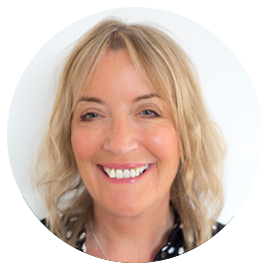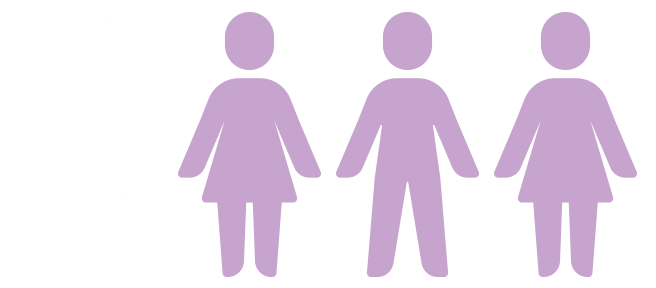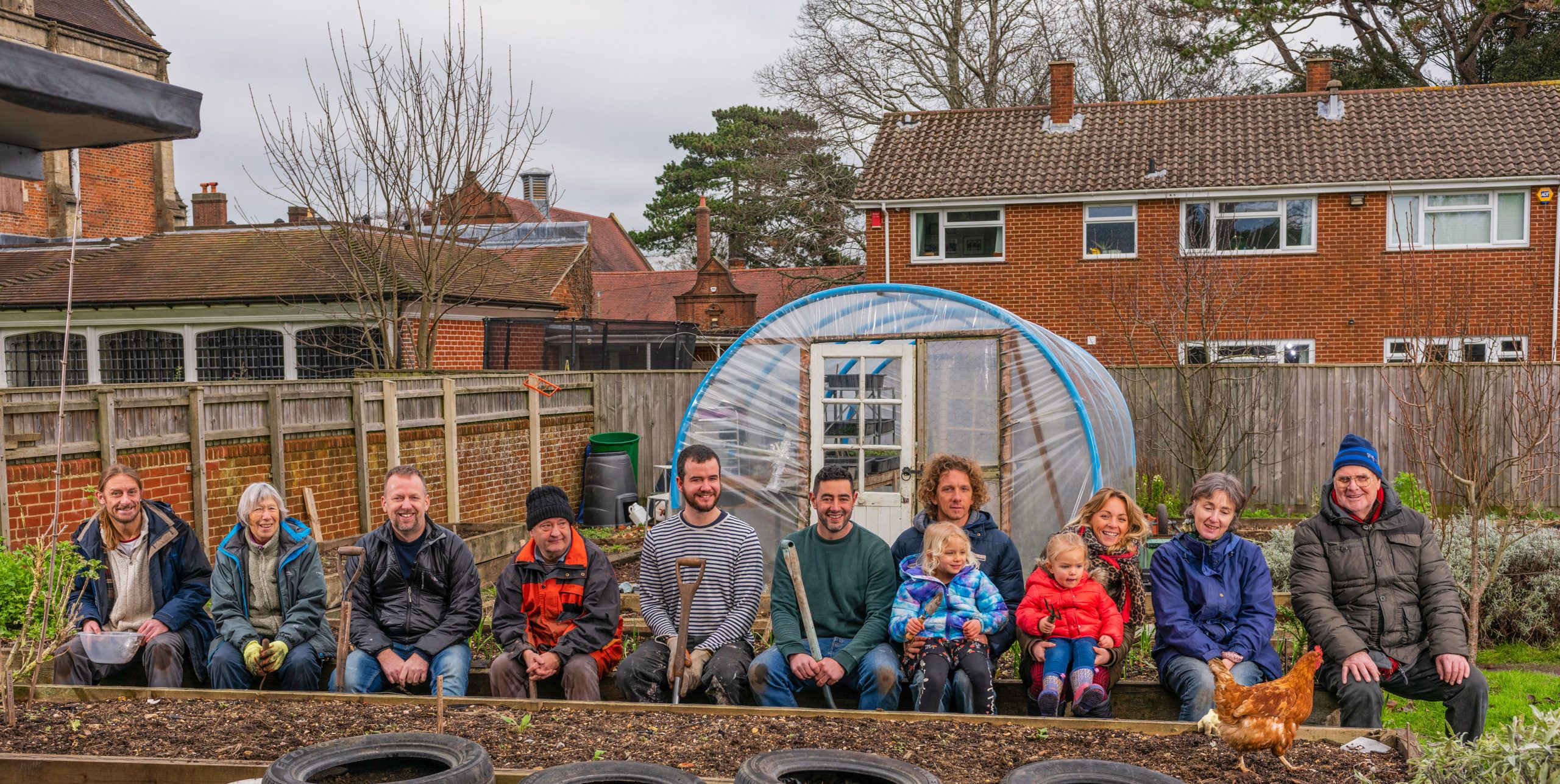Thriving communities
Being socially connected helps us live longer, healthier, and happier lives. But it isn’t just our family ties, close friendships, or group membership that make a difference. Having connections and building networks with neighbours and the wider community helps us feel part of something and gives us a sense of belonging. Networks with community spirit and purpose can make a whole community a better place to live.
Having friends and social support plays an important role in increasing resilience to illness, helping recovery and improving wellbeing.
Dorset’s Voluntary and Community Sector
The community roots of the VCS bring a vital point of view to the planning and design of public sector services. This viewpoint increases the chance of successful partnership working in communities. The links between the sectors increases the support available, and improves the strength and stability of the services that are developed.
Working in partnership and building on the communities’ strengths creates trust. This trust enables services to fit the local need more appropriately. Services that fit better are more efficient and economical, and meet the communities’ needs more directly.
Neighbourhoods play an important role in building local networks: businesses providing goods, services and employment, town and parish councils representing communities, and patient groups who provide a voice for people at GP practice level. Working together with all elements of our communities we can make a difference and improve the quality of life for everyone.
The work of the Voluntary and Community Sector (VCS) is extremely varied. It can cover wide areas of Dorset, or small villages and streets. It can offer support to everyone, or focus its work on small groups and individuals.
VCS activities can also cover all kinds of interests and needs. These can include arts, faith, culture, finance, environment, sport, social care, health, heritage, advocacy, advice, and more. The VCS works with individuals, families and communities, and people of all ages.
The scale and variety of organisations in the VCS offers many opportunities for them to work together, as well as with public and private sector partners. There is a strong desire in the VCS to work more closely with the public sector to meet the needs of local communities.

“The Dorset VCS Assembly was created in 2022. It aims to provide a point of
contact and connection for the VCS, and a link to partners in the public sector.
The Assembly gives space for the VCS to talk together and share ideas and issues.
It also provides VCS representatives for meetings with partners, and is a
contact point for engagement with those partners.”
Jon Sloper – CEO, Help and Kindness
Health and
wellbeing
Community
development
Social care
of the population have
volunteered at least once
Dorset’s workforce
in the VCS
Health and
wellbeing
Community
development
Social care
of the population have
volunteered at least once
Dorset’s workforce
in the VCS
£700m
economic contribution of
volunteers in Dorset
£560m
value of hours given by
volunteers approximately
£640-£940
total annual income of the VCS in
Dorset approximately
From our 100 Conversations work it is clear what keeps us well can often be found close to home. It’s having family, friends and support close by. You also said that when you aren’t well, it isn’t just health and care services that were important. The integrated care system provides an opportunity to really embrace what it would mean to be community driven, working in partnership with people, communities and the voluntary sector; our goals are similar.
Many of the current challenges facing communities – cost of living and access to food, mental health, loneliness and isolation – are being met with a strong community driven response with food banks and warm spaces.
In mental health prevention, formal services have realised that working directly with communities can have a much bigger reach. The Light on campaign taking action to improve men’s mental health works with more than 300 local businesses, all passionate about making a difference. A small amount of funding from health services has enabled a far greater reach and impact by trusting a key community asset – our business sector.
In the very real challenge of social isolation and loneliness an innovative charity Chat Café Local has been providing the space and time for people to meet up and simply share stories, building empathy and emotional resilience. Since its launch in February, the charity has helped nearly 3,000 people. The charity is expanding with new cafés opening in Dorchester and Weymouth.

“Loneliness underpins everything – addiction, the need for support – people can
start to see everyone as the enemy if they are stuck with loneliness.
The only thing that heals people is letting them tell their story.
We are inviting people to come and have a cup of tea and tell
their story.”
Anne Anderson – Founder, Chat Café Local

“Look at the work of the CAN Wellbeing Collaborative.
It’s so important. We connect people to personalised
information and support from local charities and
community services, so they can live their best possible
life at home.”
Karen Loftus – CEO, Community Action Network
Going forward:
1 year
3 to 5 years
5+ years
Going forward:



